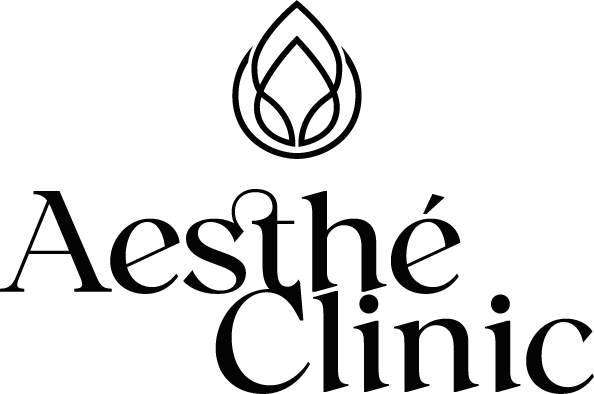Surprising Medical Benefits of Botox: For Migraines, Bruxism, Shoulder Tension, and Hyperhidrosis
At Aesthe Clinic, we’re passionate about helping our patients feel their best—not only through aesthetic enhancements but also by addressing underlying medical conditions with advanced Botox treatments. While Botox is widely known for its cosmetic applications, it’s equally effective in treating issues like migraines, teeth clenching (bruxism), shoulder tension, and hyperhidrosis.
1. How does Botox help with migraines?
Botox is FDA-approved for chronic migraine treatment. It works by blocking the release of certain neurotransmitters involved in pain transmission, helping to reduce the frequency and severity of migraine attacks. Patients typically receive injections every 12 weeks, and many have significant relief after just one session.
2. Is Botox effective for teeth clenching (bruxism)?
Yes, Botox can be an effective treatment for teeth clenching, commonly known as bruxism. By injecting Botox into the masseter muscles, which are responsible for chewing, the muscle’s activity is reduced, leading to decreased clenching and grinding. This not only helps alleviate associated pain and prevent dental damage but also contributes to facial slimming. Importantly, the treatment does not affect your ability to chew when eating, allowing you to maintain normal function while enjoying the aesthetic benefits.
3. Can Botox relieve shoulder tension?
Botox can also be beneficial for shoulder tension. By injecting Botox into tight shoulder muscles (trapezius muscle), it helps to relax the muscles, reduce pain and can result in a slimmer shoulder appearance. This treatment is particularly useful for individuals suffering from chronic muscle tension or discomfort due to stress or overuse and poor posture.
4. How does Botox treat hyperhidrosis (excessive sweating)?
Botox is an effective treatment for hyperhidrosis, a condition characterized by excessive sweating in areas like the underarms, hands, and feet. The injections block the nerves that trigger sweat glands, significantly reducing perspiration in the treated areas. Patients can expect results that last several months, with repeat treatments necessary to maintain effectiveness.
5. Are Botox injections painful?
Most patients describe Botox injections as mildly uncomfortable, akin to a small pinch or sting. Overall, the procedure is quick and well-tolerated, allowing patients to return to their daily activities immediately.
6. How long do the effects of Botox last for these conditions?
The duration of Botox’s effectiveness can vary based on the condition being treated. For migraines, effects can last up to 12 weeks, while treatments for bruxism and shoulder tension may also last several months. Hyperhidrosis typically shows effects for 4-6 months before needing re-treatment.
7. Are there any common side effects of Botox for these treatments?
Our priority is your safety and comfort. While Botox is generally well-tolerated, some patients may experience mild swelling, bruising, or redness at the injection site. We’ll discuss all potential side effects during your consultation to ensure you feel confident in your treatment plan.




